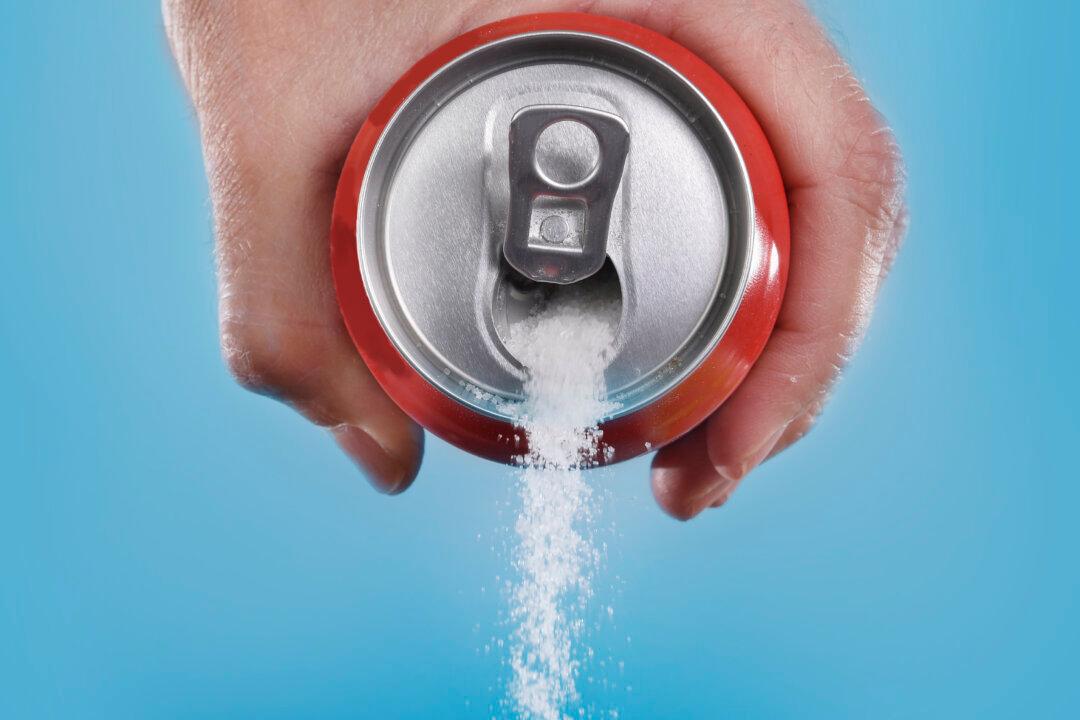An additional “sugar tax” on sweetened beverages may be on the cards after the Australian Medical Association (AMA) and the Australian Dental Association (ADA) renewed calls to address the high rates of obesity and chronic disease among Australians.
In an Aug. 10 statement, both the AMA and ADA said the tax would send a “strong signal” that sugary drinks are “unhealthy.”





